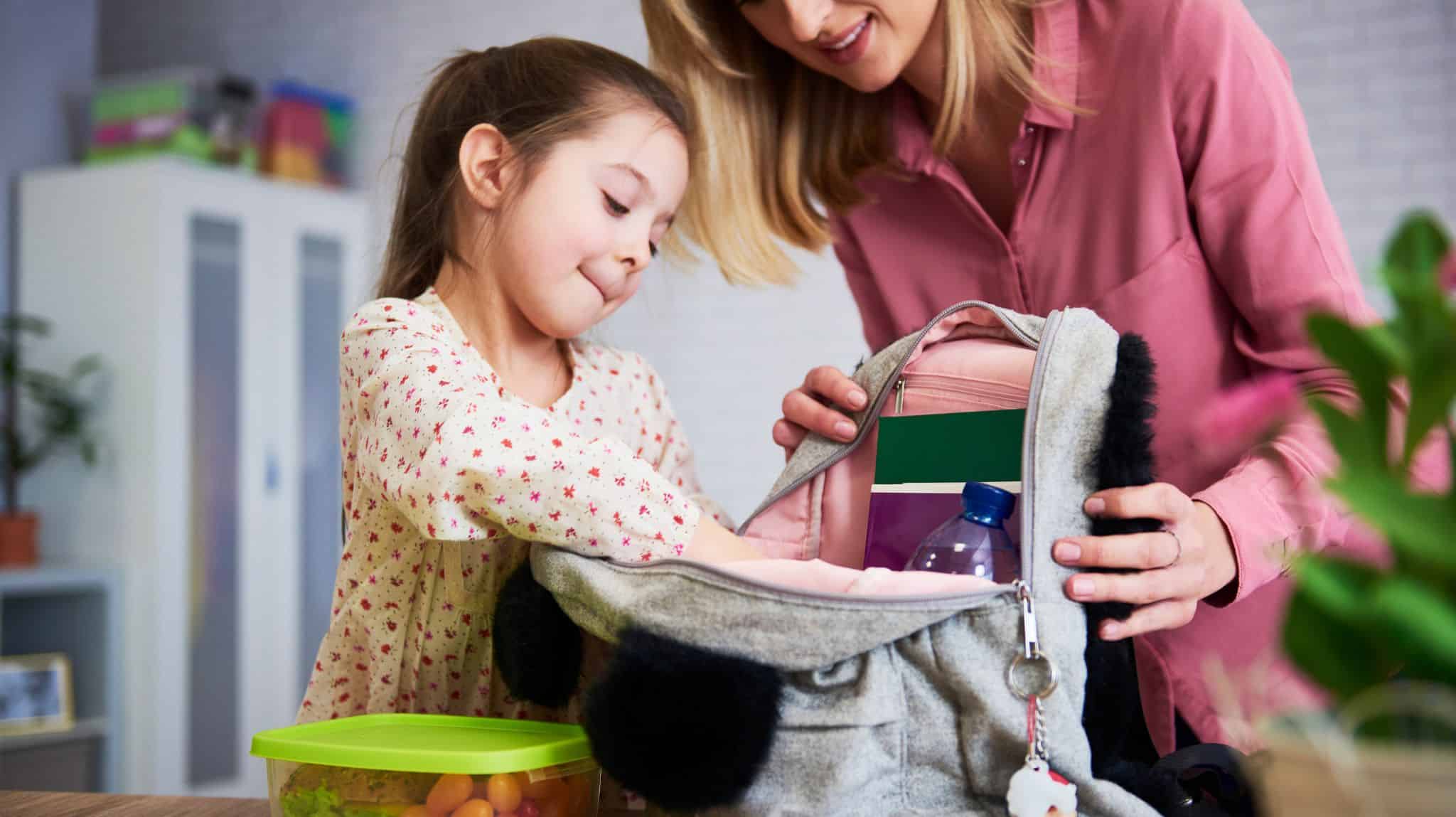How Coding Helps Your Kid's Responsibility: Good Effects on Family Dynamics
Feb 5, 2025
Read: The Positive Impact of Coding on Emotional Well-being and Mental Health for Teens
Read: What is the Right Age to Start Coding?
Read: Why Every Teenager Should Learn Coding: Top Benefits for Teens and Parents
Read: What is the Most Popular After-School Activity?
Teaching kids to code is more than just a way to introduce them to technology. It’s a powerful tool for building character and developing essential life skills—especially responsibility. As more parents look for ways to instill responsibility in their children, coding has emerged as an effective and engaging approach. Let’s dive into how coding fosters responsibility in kids and its positive impact on family dynamics.
1. Teaching Accountability Through Coding Projects
One of the best ways coding encourages responsibility in children is through the accountability it demands. Coding is a project-based activity, which means kids are given specific tasks, such as writing code for a game or building a website. They quickly learn that their work has real consequences: If they don’t complete a task or write faulty code, the entire project may fail.
By working on coding projects, kids experience first-hand what it means to be accountable for their actions. They see that their efforts—or lack thereof—directly affect the outcome. This can translate into a greater sense of responsibility at home as children begin to understand the importance of following through on commitments, whether it’s completing homework or helping with household chores.
Family Impact: As kids develop a sense of responsibility through coding, it naturally extends to other areas. Children may take more initiative in managing their responsibilities at home, whether it’s doing their part in family tasks or taking ownership of their personal space. Parents can reinforce these lessons by allowing kids to set and track goals for both coding projects and family duties.
2. Building Patience and Persistence
One of the most important lessons kids learn through coding is how to deal with failure and setbacks. When writing code, errors and bugs are inevitable, and kids must persist through frustration to find solutions. They quickly realize that coding isn’t about getting it right on the first try—it’s about patience, persistence, and problem-solving.
This process teaches children that they need to take responsibility for mistakes, reflect on them, and keep trying until they succeed. The idea of failing forward is an essential part of growing up, and coding provides a safe space for kids to practice this mindset.
Family Impact: Kids who get used to solving problems and learning from failure in their coding projects are often more resilient and patient in other parts of their lives. This translates to better problem-solving skills when they face challenges at home or in school. They might be more likely to stick with tasks, like completing homework assignments or contributing to family projects, even when they seem difficult or time-consuming.
3. Developing Time Management Skills
Coding is a process that requires planning and time management. Kids who are working on coding projects need to break down tasks, set timelines, and manage their time effectively to ensure they meet deadlines. Whether it's allocating time for research, debugging, or testing, coding teaches children the importance of staying organized and focused to complete their work.
By learning how to manage time for their coding projects, kids also learn valuable skills that help them balance multiple responsibilities at home, school, and extracurricular activities.
Family Impact: As kids become more adept at managing their coding tasks, they can apply these time management skills to family chores or other duties. Encouraging your child to set realistic deadlines for tasks at home (such as tidying their room, finishing homework, or helping with dinner) can reinforce a sense of responsibility and help the entire family run more smoothly.
4. Encouraging Collaboration and Communication
While coding can often be an individual activity, many projects require collaboration. Kids might work with a friend on a school coding assignment or participate in an online coding community. This promotes teamwork and communication as they share ideas, solve problems together, and help each other troubleshoot issues.
This collaborative experience helps kids develop essential social responsibility skills, like listening to others, being open to feedback, and working towards a common goal.
Family Impact: Kids who collaborate on coding projects are often more willing to collaborate at home. This can mean being more involved in family discussions, working together on shared household responsibilities, and communicating effectively with parents and siblings.
5. Boosting Confidence and Independence
As kids make progress in coding, they experience a sense of accomplishment when they solve problems, create programs, or complete their projects. This self-confidence is empowering and can help children become more independent. When they see the direct results of their efforts, they begin to understand that they are in control of their success, reinforcing a sense of ownership over their actions and decisions.
Family Impact: Confident kids tend to take on more responsibility at home. They may volunteer to help with chores, offer to take on additional tasks, or even manage their own schedules without constant reminders. Confidence gained through coding can also help them feel empowered to make decisions and contribute to family life in meaningful ways.
6. Developing a Strong Sense of Follow-Through
In coding, consistency and follow-through are key. A project is only complete when every step has been taken and tested. This teaches kids that success doesn’t come from starting something but from following through until the end. It’s a valuable lesson in completing tasks, from coding projects to everyday responsibilities.
Family Impact: Kids who learn to follow through on their coding projects tend to transfer this skill to their home life. Parents can reinforce the importance of completing tasks by celebrating small wins—like finishing a coding project or helping out with family chores—instilling a culture of responsibility and dependability at home.
7. Instilling Self-Discipline and Focus
Coding is often a solitary activity that requires focus and self-discipline. Kids need to dedicate time to solve complex problems and write code, which demands concentration. The more they practice coding, the better they become at focusing on the task at hand, learning to tune out distractions and stay on track.
This discipline spills over into other areas of life, from managing schoolwork to staying on task with household duties.
Family Impact: When kids build the ability to focus through coding, they often become more disciplined at home. This can lead to more consistent completion of chores, better attention to homework, and a greater sense of accountability in their roles within the family.
Why Coding Is an Essential Skill for Developing Responsibility
As we see, coding can play a significant role in developing responsibility in children. Through accountability, persistence, time management, collaboration, and follow-through, kids gain skills that help them grow into responsible, dependable individuals. These benefits naturally extend to family life, creating a stronger sense of teamwork, communication, and mutual respect.
By encouraging your kids to learn coding, you're not just helping them develop a valuable tech skill—you’re also preparing them to be more responsible, independent, and engaged members of the family.
So, why not introduce coding into your child’s routine today? It’s an investment in their future—and in your family’s growth.
Read: Choosing After-School Programs That Best Fit Your Kids' and Teens' Future: A Parent's Guide to Matching Activities with Interests and Personality
Read: Why Every Teenager Should Learn Coding: Top Benefits for Teens and Parents
Read: What is the Most Popular After-School Activity?
Pinecone Coding Academy's Kids Coding Program
At Pinecone Coding Academy, we are passionate about making coding accessible and enjoyable for kids aged 8-17. Our program is designed to inspire and equip young learners with the skills they need to thrive in the digital world.
Click here to discover a coding class that matches your teen's or child's interests.
What We Offer:
Engaging Curriculum: Our courses introduce students to popular programming languages like Python, JavaScript, and HTML/CSS, laying a strong foundation for future learning.
Hands-On Projects: Students participate in project-based learning, creating real applications that they can showcase, from interactive games to personal websites.
Mentorship and Support: Our experienced instructors provide guidance, helping students navigate challenges and discover their coding potential.
Community Connection: By joining Pinecone, students become part of a vibrant community of peers, fostering collaboration and friendship as they learn.
Try a Free Session!
If your child is curious about coding, Pinecone Coding Academy offers a free introductory session for kids aged 8-17. This is a fantastic opportunity to explore programming in a fun and engaging way.
More blogs







